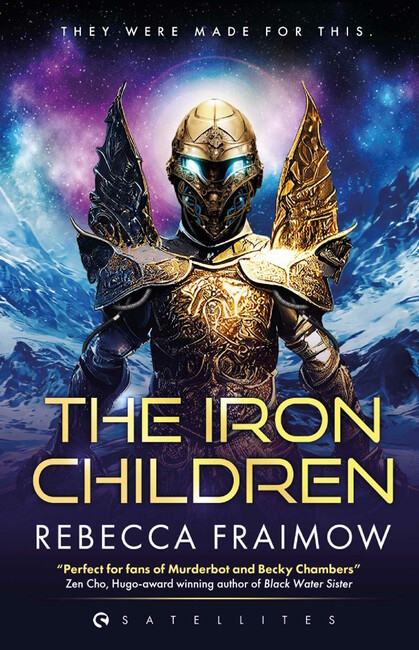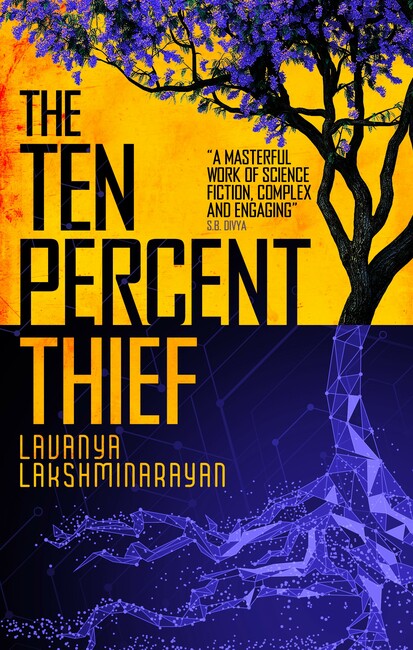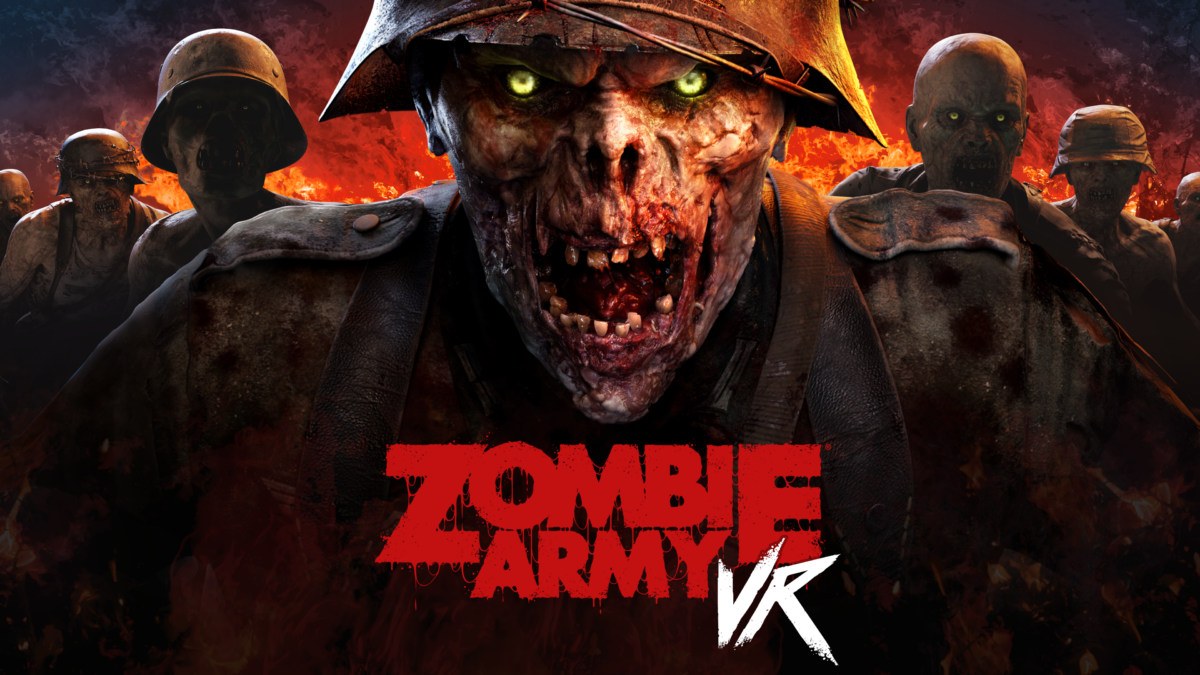
On March 27th 2014 the EU Commission finally approved games tax relief for UK game developers. It’s huge news for independent studios up and down the land, but it’s an especially sweet moment for Chris and Jason Kingsley – Rebellion’s co-founders.
You see, Chris and Jason helped found the industry organisation TIGA, and have campaigned tirelessly on behalf of the UK development scene for over a decade to secure the tax breaks announced today.
We sat down with Jason to ask him a few questions about the past and future of UK development:
What impact will this tax relief have on the games development sector?
Jason: In terms of financial impact TIGA’s figures demonstrate Games Tax Relief (GTR) will lead to an estimated £188m in additional investment for UK game developers over the next five years alone. We’re talking about an industry wide 25% reduction in the cost of games development in the UK, which is massive.
A more forgiving financial environment means greater creative freedom so more edgy, creatively focussed titles will get the green light. Games Tax Relief will help to level the international playing field, and drive the UK games industry forward, enabling UK studios to make even more world-beating award winning games.
How did it all come about?
Jason: Well originally the idea for a games tax relief came up in discussion with my brother Chris, who’s CTO at Rebellion. However, it started to be discussed as a serious concept a little over a decade ago. I was sitting in a TIGA board meeting with a group of UK devs both great and small, many of whom are sadly no longer around in the business any more, and said
“Why don’t we push for a games tax break akin to that which UK film makers benefit from? After all, we’re just as creative as them and perhaps even more globally focussed.”
Did you face any opposition?
Jason: During that time we’ve faced objections from outside as well as from inside the industry, with some politicians telling us we should shut up and quit, which we were simply not prepared to do. TIGA just kept on going.
Back in 2010 Games Tax relief was introduced in the last Labour Government’s budget. However, there was some back room counter lobbying taking place at the time. The new coalition Government then dropped Games Tax Relief in the June 2010 budget.
The next development was when, after another 18 months of relentless work, TIGA convinced the UK Government to finally back the measure in the Coalition’s March 2012 Budget. Yet again though, another roadblock appeared with the EU Commission citing concerns including video games not being culturally equal to film, and thus not deserving of the same or similar tax breaks.
At every stage TIGA has provided compelling evidence, and kept the issue of Games Tax Relief at the top of the agenda. Ultimately, that willingness to wage an unremitting, evidence based argument has taken us to today’s victory, one that finally gives the UK a level playing field and a fighting chance to become a top three game making nation once again.
Is there now an onus on the industry to prove to the Government that we are worth this investment?
Jason: Thanks to TIGA’s lobbying, politicians of all political parties recognise the value and potential of the UK video game industry. They talk to us on a regular basis and at all levels are interested in helping out as best they can, within the EU rules that we all have to live by.
What we do have to do is keep showing them and telling them that the video game sector, and particularly UK-tax-paying developers can really help the UK balance of payments – as we’re almost always export driven, and trying to reach that global audience.
What happens now?
Jason: With regard to the mechanics of application and approval, we’ll know exactly how this will work soon enough, as DCMS and HMRC will be confirming the details. It essentially comes down to passing a ‘cultural test’ which is administered by the British Film Institute, working with your accountant to identify which costs are eligible and including your claim for Games Tax Relief in your businesses end of year tax return.
At Rebellion we’ve been planning for this to happen for well over a year. It’s certainly been a long journey for the industry in the UK, but to paraphrase another Great Briton, it may just be ‘The End of the Beginning’.
















